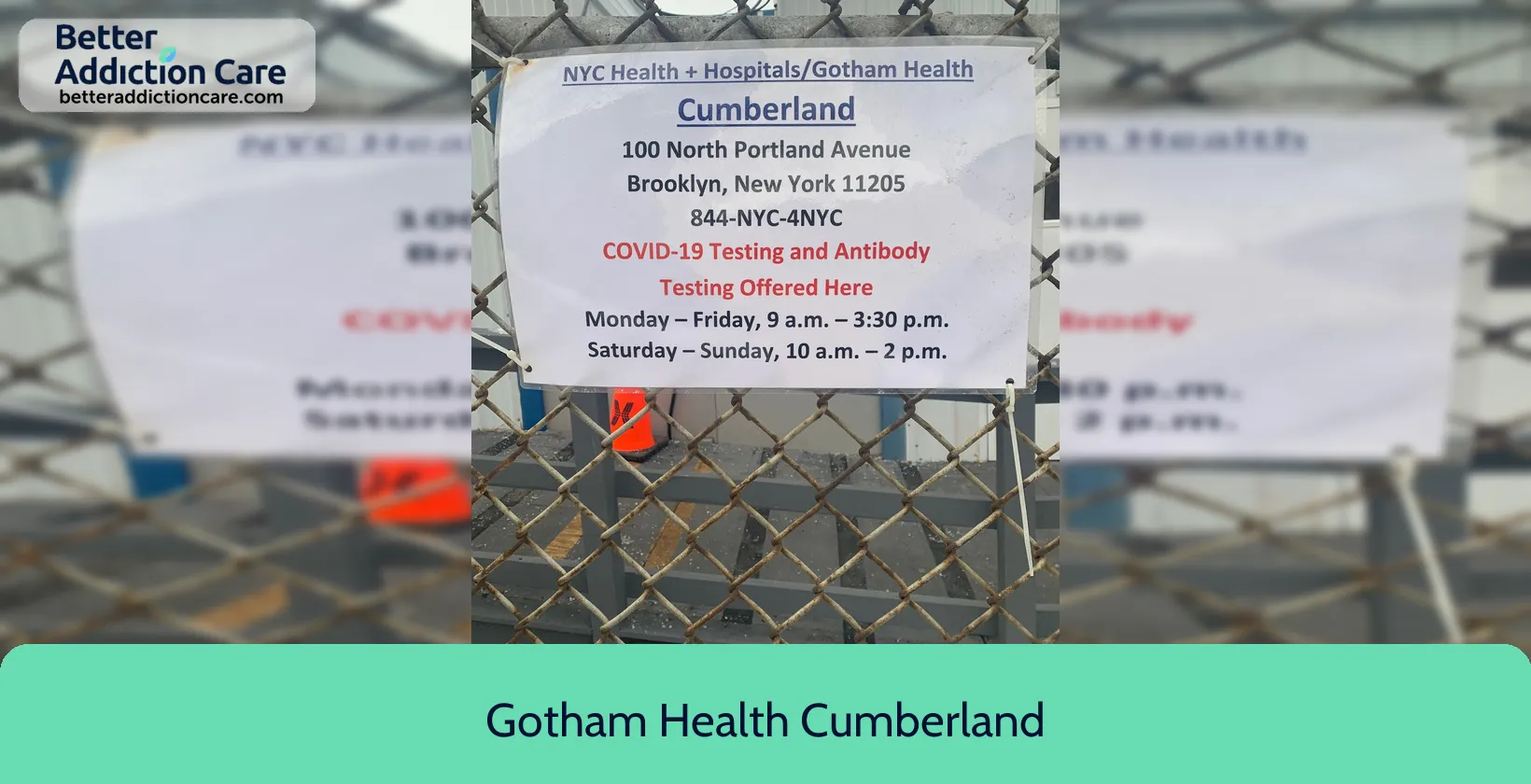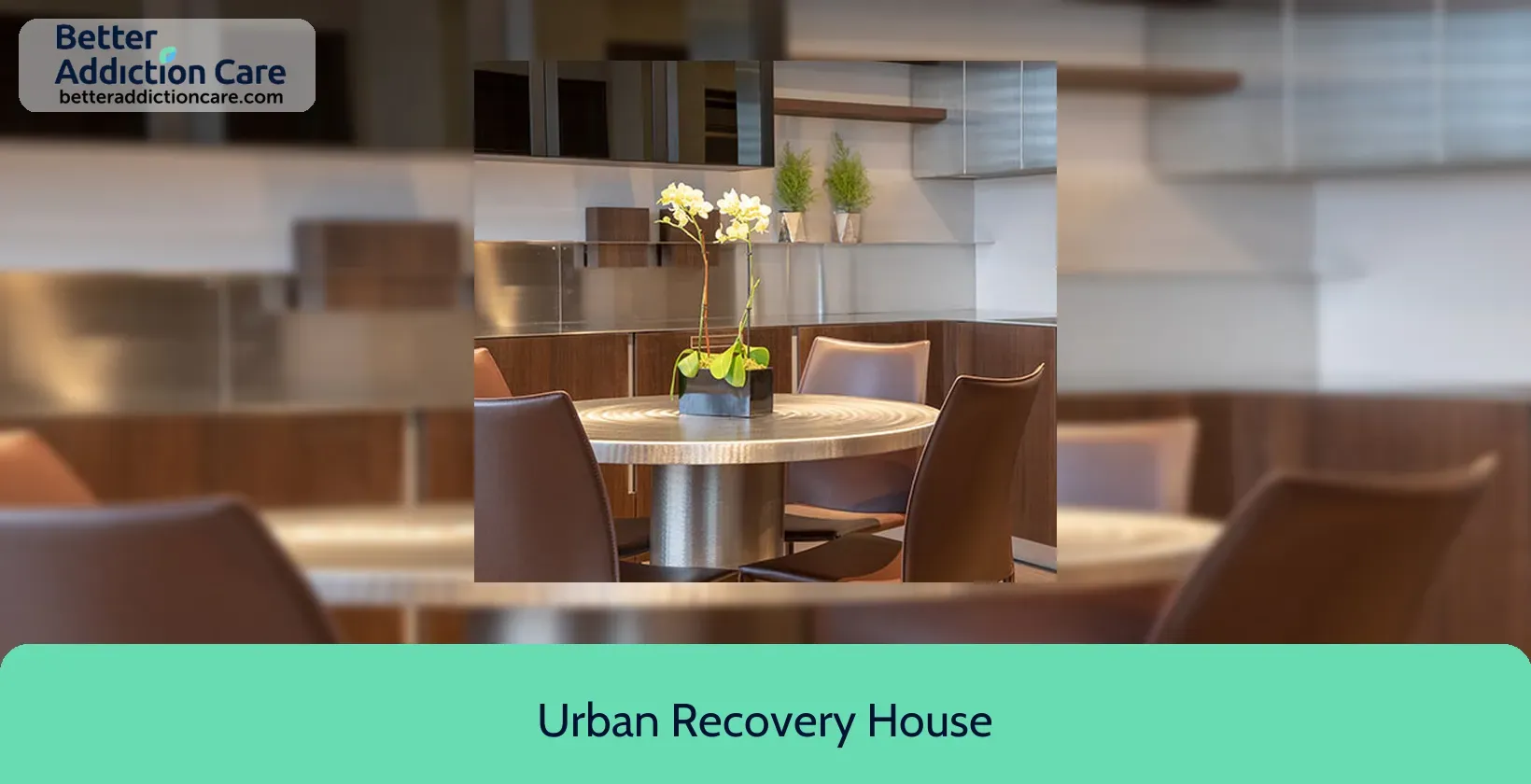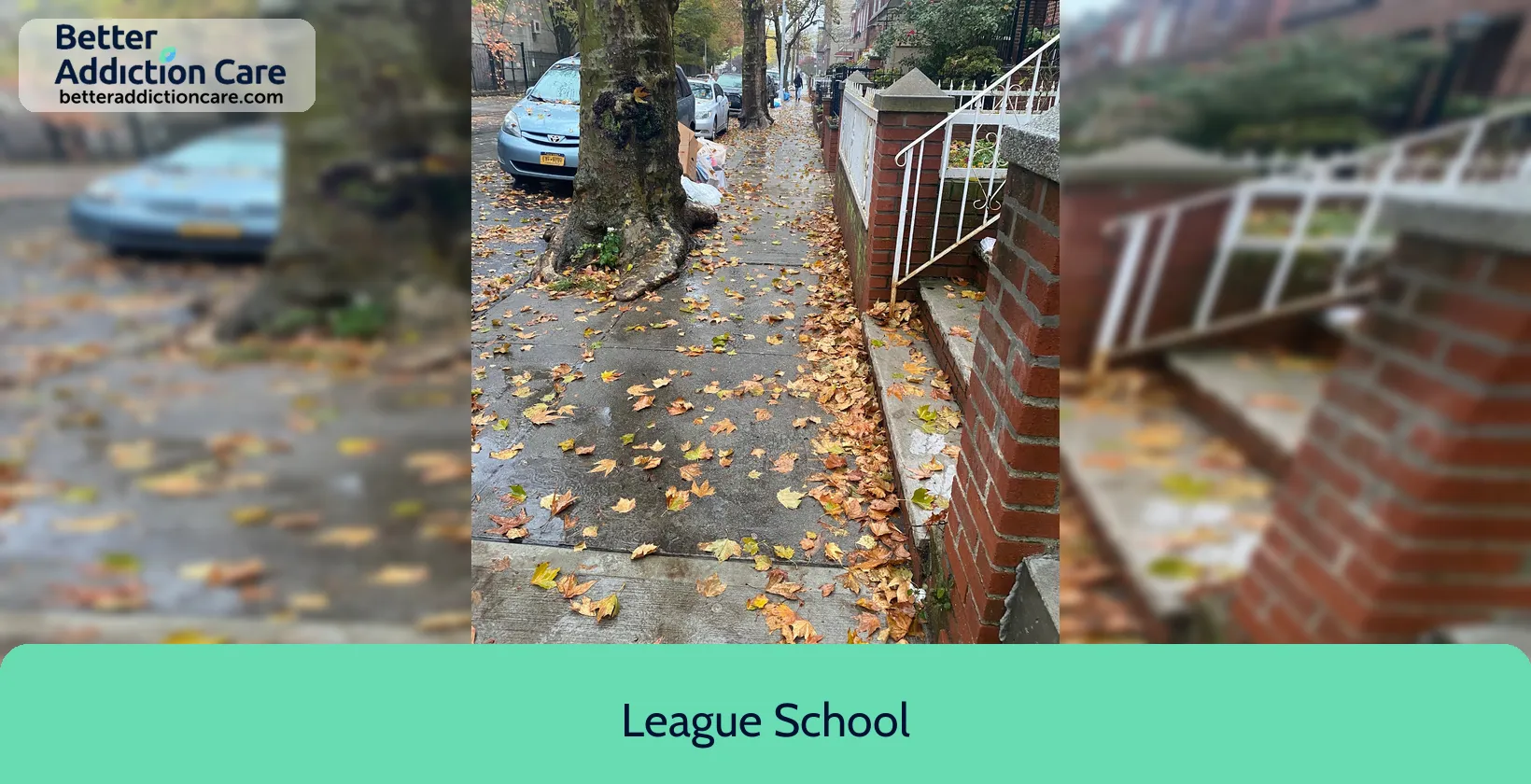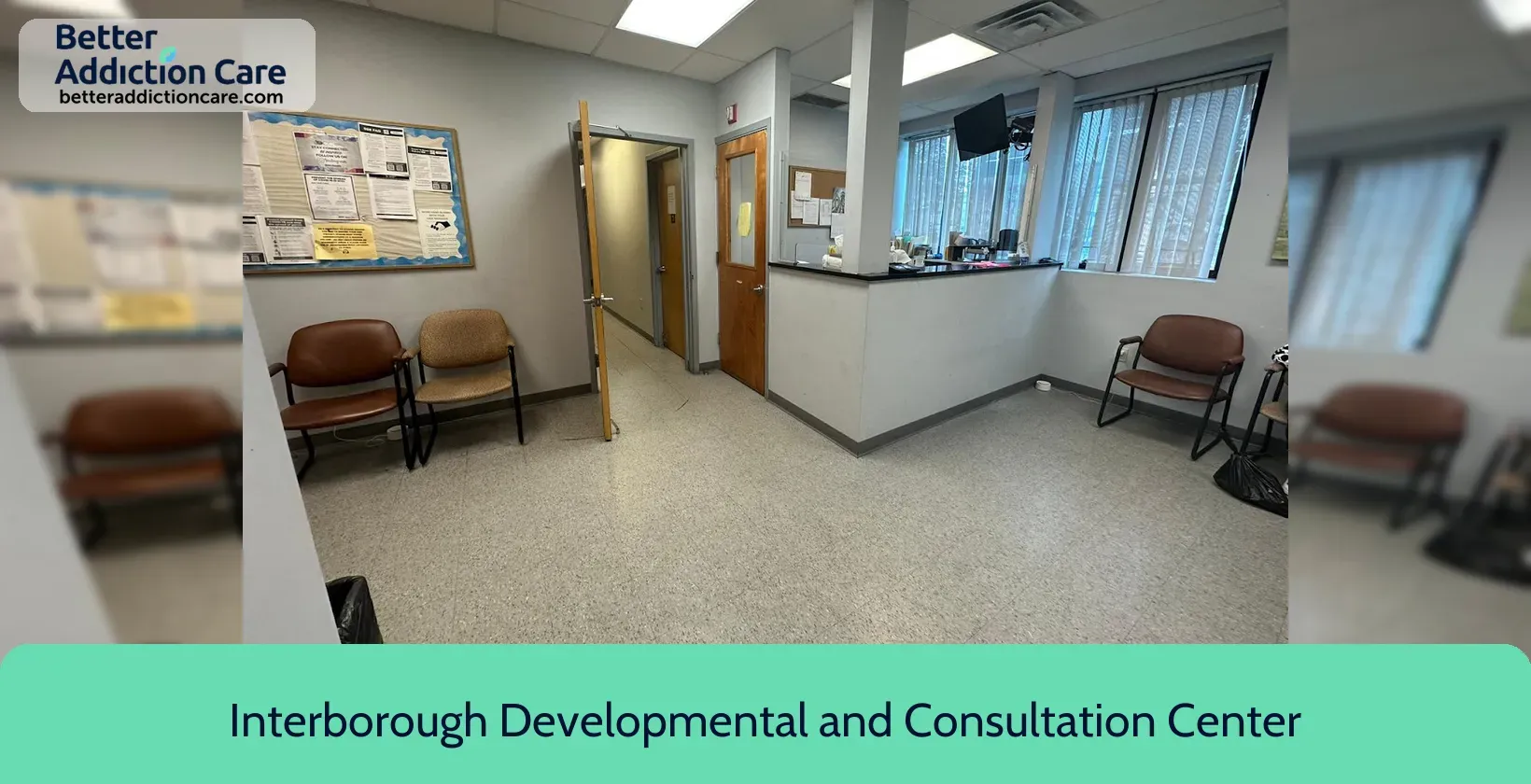Staten Island University Hospital - Outpatient Methadone Treatment Program

Overview
Staten Island University Hospital - Outpatient Methadone Treatment Program is a substance abuse treatment center for people seeking treatment near Kings County. As part of their treatment modalities for recovery, Staten Island University Hospital - Outpatient Methadone Treatment Program provides cognitive behavioral therapy, telemedicine/telehealth therapy, and substance use disorder counseling during treatment. Staten Island University Hospital - Outpatient Methadone Treatment Program is located in Brooklyn, New York, accepting cash or self-payment for treatment.
Staten Island University Hospital - Outpatient Methadone Treatment Program at a Glance
Payment Options
- Cash or self-payment
- Medicaid
- Medicare
- Private health insurance
Assessments
- Screening for tobacco use
- Comprehensive substance use assessment
- Screening for mental disorders
- Screening for substance use
- Complete medical history/physical exam
Age Groups
- Young adults
- Adults
Ancillary Services
- Case management service
- Transportation assistance
- Opioid use disorder clients only
Highlights About Staten Island University Hospital - Outpatient Methadone Treatment Program
6.91/10
With an overall rating of 6.91/10, this facility has the following balanced range of services. Alcohol Rehabilitation: 8.00/10, Treatment Options: 7.33/10, Drug Rehab and Detox: 6.31/10, Insurance and Payments: 6.00/10.-
Alcohol Rehabilitation 8.00
-
Treatment Options 7.33
-
Drug Rehab and Detox 6.31
-
Insurance and Payments 6.00
Accreditations
The Joint Commission:

The Joint Commission, previously known as JCAHO, is a nonprofit organization that accredits rehabilitation organizations and programs. Established in 1951, its mission is to enhance the quality of patient care and showcase excellence in healthcare delivery.
SAMHSA certification for opioid treatment program (OTP):
Accreditation by the Substance Abuse and Mental Health Services Administration (SAMHSA) for Opioid Treatment Programs (OTPs) signifies that a program has met strict standards for providing high-quality care to individuals with opioid use disorders. It assures patients, families, and communities that the OTP follows evidence-based practices, employs qualified staff and maintains a safe and effective treatment environment. This accreditation reflects the program's commitment to addressing the opioid epidemic and promoting recovery.
Drug Enforcement Agency (DEA):
DEA accreditation refers to the process by which a law enforcement agency is recognized by the Drug Enforcement Agency (DEA) as having met specific training, operational, and resource requirements necessary to participate in DEA-led drug enforcement efforts. This accreditation allows the agency to perform DEA-related tasks such as conducting investigations, executing federal search warrants, and participating in joint task forces.
Treatment At Staten Island University Hospital - Outpatient Methadone Treatment Program
Treatment Conditions
- Alcoholism
- Substance use treatment
Care Levels
- Outpatient
- Outpatient methadone/buprenorphine or naltrexone treatment
- Regular outpatient treatment
- Aftercare
Treatment Modalities
- Cognitive behavioral therapy
- Telemedicine/telehealth therapy
- Substance use disorder counseling
- Trauma-related counseling
- Smoking/vaping/tobacco cessation counseling
Ancillary Services
Languages
- Spanish
- Other languages (excluding Spanish)
- Russian
Additional Services
- Pharmacotherapies administered during treatment
- Mentoring/peer support
- Drug or alcohol urine screening
Special Programs
- Clients who have experienced trauma
Get Help Now
Common Questions About Staten Island University Hospital - Outpatient Methadone Treatment Program
Contact Information
Other Facilities in Brooklyn

6.85

7.75

6.59

6.62

6.65

7.23

7.59

7.62
DISCLAIMER: The facility name, logo and brand are the property and registered trademarks of Brooklyn Hospital Center - 9B Detox Unit, and are being used for identification and informational purposes only. Use of these names, logos and brands shall not imply endorsement. BetterAddictionCare.com is not affiliated with or sponsored by Brooklyn Hospital Center - 9B Detox Unit.
